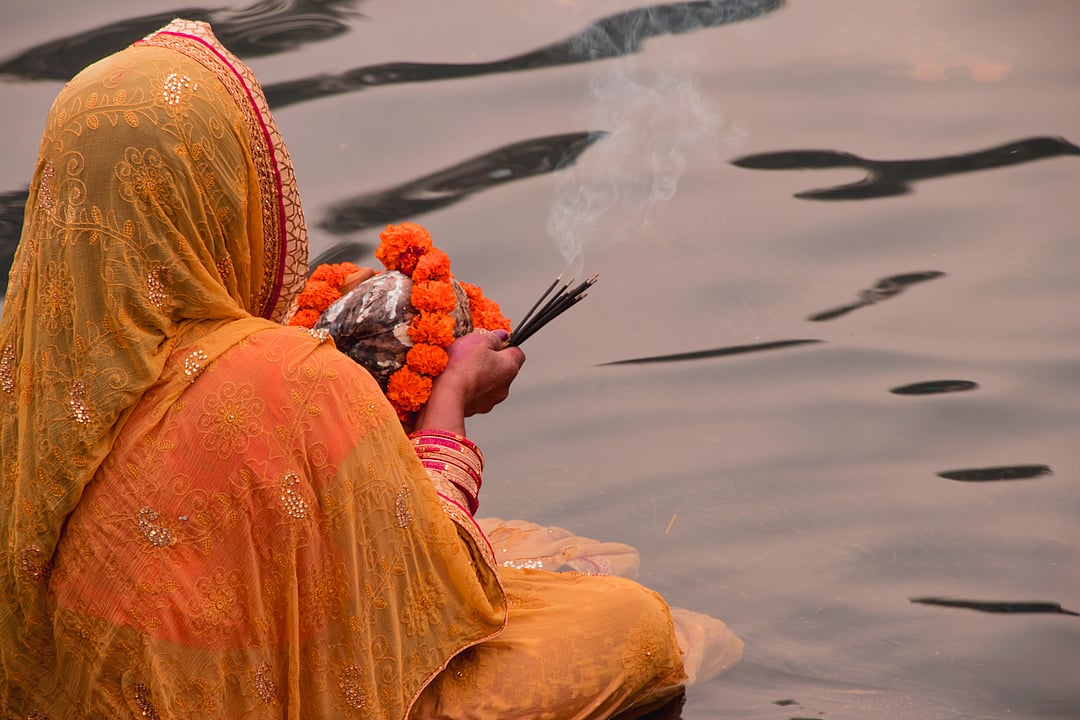A time comes in a metropolitan migrant's life when memories of hometowns drift to the surface, a little heavier than nostalgia, and always during certain times of the year. In the cities in Bihar, the harbinging tune of the local Chhath song begins to wail out from unidentifiable nooks and crannies and by the time you're on to it, it's already in your head. The song in question is a traditional folk composition from the Bhojpuri and Maithili regions of Bihar, passed down through generations and sung during the festival to express devotion to Chhathi Maiya and the Sun God. The song was brought into the mainstream by Sharda Sinha whose rendition became iconic in the 1980s and 1990s. Dubbed the ‘Bihar Kokila’ and the ‘voice of Chhath’, her performances popularised these songs across India and among the Bihari diaspora, preserving them for new generations. Unfortunately, Sinha passed away on 5 November this year at AIIMS in Delhi, where she had been receiving treatment for septicemia. So when that nostalgic appointment by the Hindu calendar knocks on your door, you answer it humming ‘pahile pahil hum kahinee chhathi maiya vrat tohaar’ (which means, For the first time I am saying, Your vow, O Chhathi Maiya, or words to that effect).
India
Chhath Puja 2024: Understanding Bihar’s Ancient Festival
As Chhath Puja arrives, Bihar hums with its iconic song, evoking nostalgia, as it honours the Sun God and Chhathi Maiya. As its popularity grows, balancing health awareness with festive zeal remains crucial to preserving its legacy

A lady performs Chhath puja by a river Photo: Shutterstock
A lady performs Chhath puja by a river Photo: Shutterstock
CLOSE




